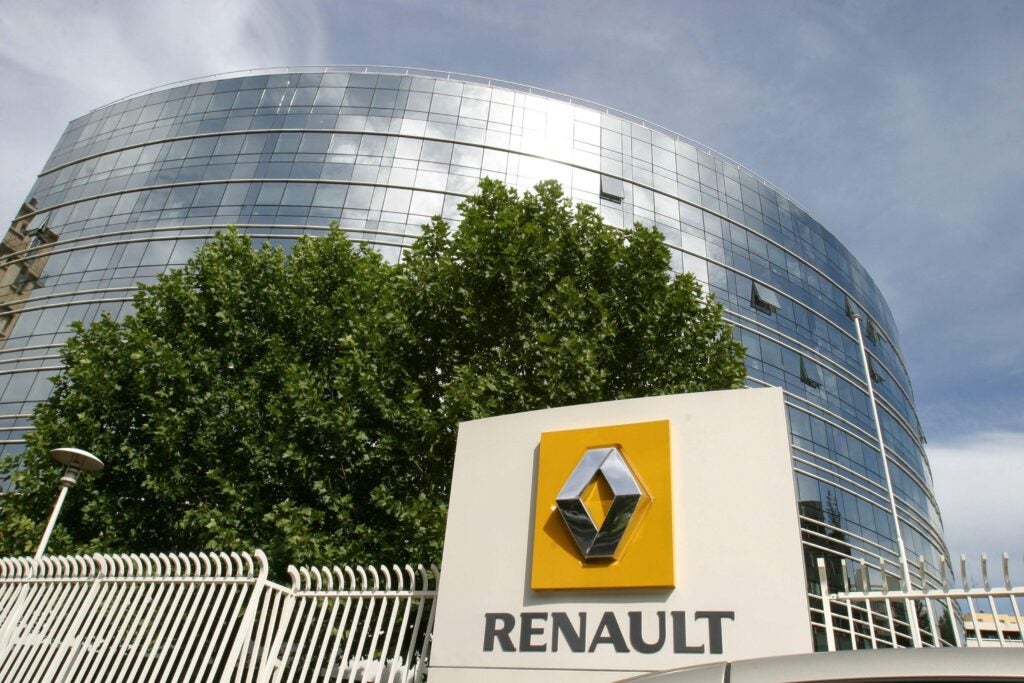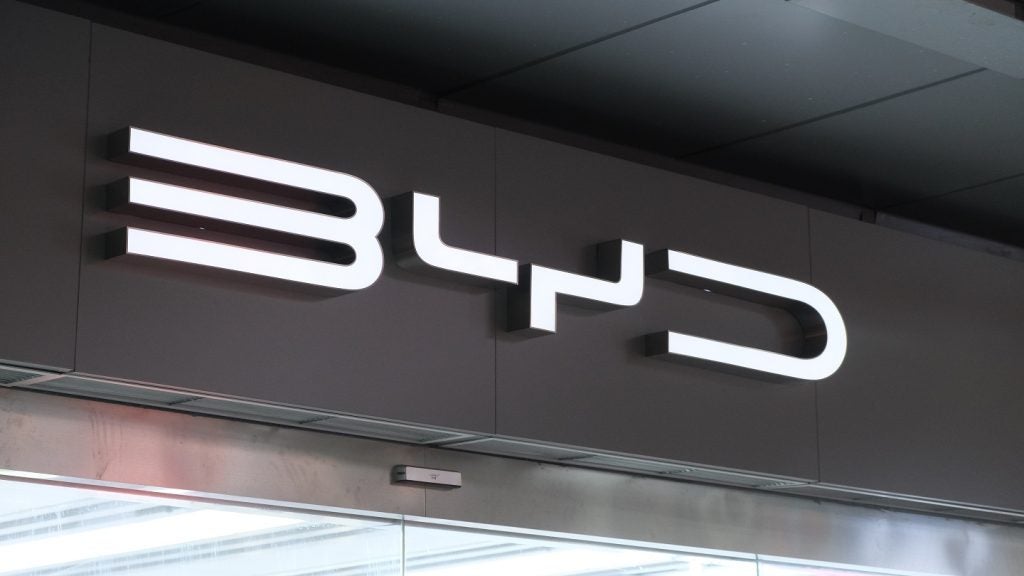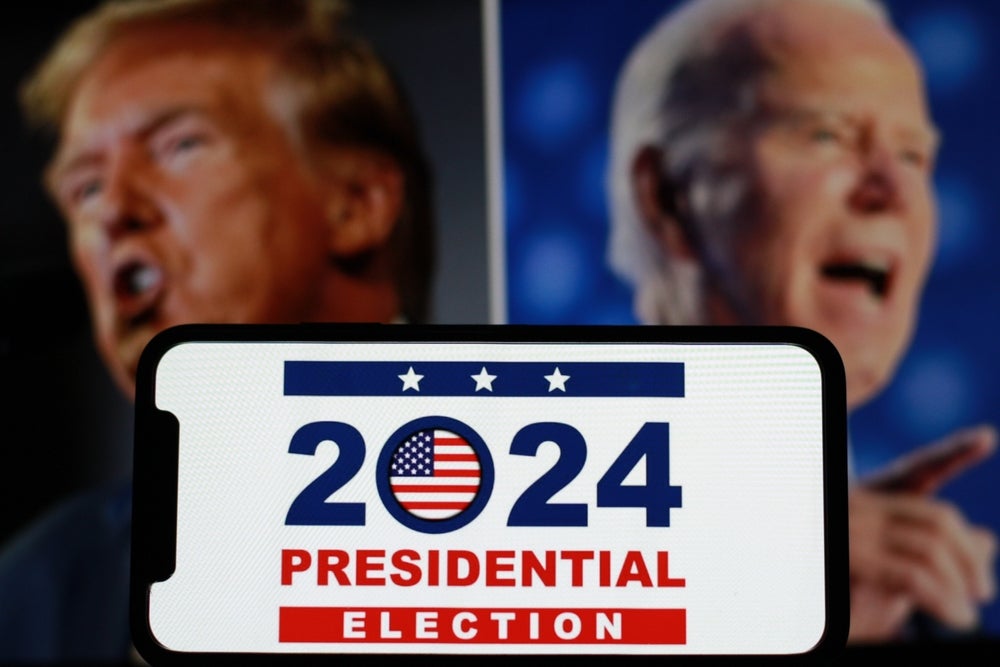Models of car ownership are changing. Customers are moving away from traditional ownership and seeking something more flexible, personal and on-demand. The mobility service industry could be worth US$1.5 Trillion by 2030 due to recurring revenues from shared mobility and data connectivity services according to McKinsey.
Driving mobility trends
Innovations in mobility solutions, such as short-term rentals, subscription services and peer-to-peer (P2P) car sharing schemes are becoming increasingly attractive. “People want more personalised and flexible ownership to support their lifestyles,” explains Murad Baig, Chief Innovation Officer at NETSOL Technologies and Chief Product Officer at Otoz Mobility. According to the 2020 Accenture report ‘Unlock The Value Of Mobility Services’, the mobility services industry has also proven its value in tackling important global issues, such as easing congested cities and helping reduce carbon emissions.
As odd as it seems to anyone from a generation used to test-driving a new car before buying, and at the very least visiting a dealership before sealing the deal, today’s consumers are increasingly keen on online alternatives to such traditional approaches. “The move towards the digitisation of buying a car is happening because the digital experience has become much better. It is simpler, more user-friendly as well as being integrated and seamless. People feel that they can pretty much buy anything online,” says Baig. “The growth in digital-only car sales is a natural extension of that the wider adoption of online retail.”
Marketplaces such as Cazoo and Carvana are responding to demand for online car retail options. This demand has been boosted by the impact of the Covid-19 pandemic, which has accelerated digitisation trends in general, although the pandemic also reduced people’s mobility.
Diversification and digitisation
Consumer demand for these online and personalised mobility solutions is forcing many traditional automotive companies, including the whole value chain from manufacturers to automotive financiers to rethink their approach and the degree of digitisation needed within their own sales channels.
More forward-looking firms are beginning to push forward with more customer-centric digital initiatives. Audi, for example, recently announced the launch of Onto, an all-inclusive subscription service, for its latest range of electric cars.
How well do you really know your competitors?
Access the most comprehensive Company Profiles on the market, powered by GlobalData. Save hours of research. Gain competitive edge.

Thank you!
Your download email will arrive shortly
Not ready to buy yet? Download a free sample
We are confident about the unique quality of our Company Profiles. However, we want you to make the most beneficial decision for your business, so we offer a free sample that you can download by submitting the below form
By GlobalDataThe subscription differs from traditional leasing options because it doesn’t demand a deposit or a long-term commitment, while customers enjoy flexible monthly plans. It serves as a new incentive for low-emission driving, encouraging customers to sample the world of electric vehicles without making a huge commitment.
Similarly, online car marketplace Cazoo is expanding its business into the mobility service subscription market. It acquired Drover, the UK’s leading car subscription service, in December 2020 and in February 2021 added to its stable with the purchase of Cluno, Germany’s leading car subscription service.
According to Cazoo’s website, “cars-as-a-service is a fast-evolving market and will be a core part of Cazoo’s strategy”. Baig is optimistic that this strategy will succeed and that we may be witnessing a major shift in the market. “Cazoo might just get it right,” he suggests, “because they have the velocity in terms of the customers who are buying and subscribing through the marketplace that they’ve created.
Unique challenges
However, these kinds of efforts are still at an early stage. In particular, the integration of subscription service into a digital retail platform has little precedent and will continue to present unique challenges.
“What’s going to be interesting is how well it scales,” Baig points out. “How do you manage residual risks across a dynamic business model when you’re using cars in different ways? Getting that right is going to be the linchpin to success.” The need to get it right creates room and demand for the use of innovative technologies such as AI and blockchain, big data, the Internet of Things and predictive analytics.
Baig further explains that in the auto finance industry, the aim is always to create an efficient, customer-centric ecosystem that also facilitates the flow of information. “Because customers are becoming more important and central to the auto finance industry, the industry now has to build those broken pipes, to make sure that they can harness all the information that sits around that customer,” he says. The collection and use of this information is becoming key to providing a tailored and personalised offering.
NETSOL’s approach
NETSOL predicted many of these issues and identified the challenges facing the auto finance industry several years ago, recognising that its existing operation risked becoming out of date as the industry moved forward. It recognised the challenges of the emerging models, which threatened some aspects of its core business.
With emerging mobility companies dealing directly with the manufacturers, and online marketplaces increasingly served by other lenders, NETSOL needed to revamp its customer outlook “As an auto finance software provider, NETSOL felt that they were at risk of getting stuck in traditional methods and so decided to move on to become a more customer-centric operation,” says Baig.
“NETSOL knew that winners in this race would be those who have the systems and the processes which can bring all the different pieces together: the auto finance, the dealership and the customer,” he adds. NETSOL saw an opportunity to embrace emerging trends by serving each of these players via new platforms.
Introducing Otoz
The launch of Otoz in 2019 really cemented NETSOL’s commitment to innovation in the auto finance industry. It began as an innovation lab exploring these emerging trends surrounding mobility solutions, examining the potential of innovations such as AI and blockchain.
“Otoz was created to explore some of these trends and to bring them across into the core business,” Baig says. It addressed questions including how to use AI to do credit underwriting and how to build trust using blockchain.
The Otoz platform was first put into meaningful action with a strategic stake via technology into Thailand’s leading VC backed car sharing platform, Drivemate. “We are working with one of the biggest mobility providers in Thailand and basically Struck a deal to cover technology for them using cloud native cutting-edge technologies,” explains Baig.
Drivemate serves as a digital marketplace that connects suppliers, which include dealers and individuals, with customers. “The platform attracts targets customers through digital channels, matches them to the vehicle of their dreams with an ownership model suited to their circumstances and, helps them transact and then conclude the payment.”
“The good thing about Otoz is that it’s a multi-service, multi-product platform,” Baig explains. It supports four business models: short-term rentals, airport transfer (car and chauffeur), subscription and P2P. By facilitating these models, it aims to maximise the lifetime value of an auto asset by harnessing the collective power of the data captured through the shared economy. In this way, it can support manufacturers, dealerships, banks, captive finance companies and start-ups.
Furthermore, Otoz integrates with NFS Ascent, the core financial platform central to NETSOL’s business. Baig notes that NFS Ascent is able to orchestrate “the contracting and credit part of the digital customer journey”, managing contract origination and management. The power of combining Otoz platform and NFS Ascent capabilities entails it can handle all future functions of the car transaction.
The vision: a universal solution
“The vision for Otoz is to have a universal app,” Baig explains. This app would support digital retail, leasing and finance, subscription, rentals and P2P. “Once we bring all the pieces together in this universal app, then we have a perfect solution,” he adds.
NETSOL’s vision is future-facing. “Otoz wants to be a part of the new mobility initiative and to help this new generation of mobility start-ups, as well as the OEMs and auto finance companies who want to experiment and launch these new mobility business models. We want to be a white label technology provider for them all,” says Baig.
Technological innovation is central to this vision. Blockchain facilitates data sharing and information flow; while AI and machine learning can capture data and drive insights around customer driving behaviour and asset utilisation. This has huge potential to confer a range of benefits including optimising customer engagement, asset potential and marketplace functionality.
“With some of the data we capture around these customers using AI and machine learning, we can start creating very interesting models around maximising LTV for customers and assets on the digital marketplace,” Baig says. This will help inform the development and deployment of different business models and use cases in the future, allowing innovative offerings to continue to evolve.







